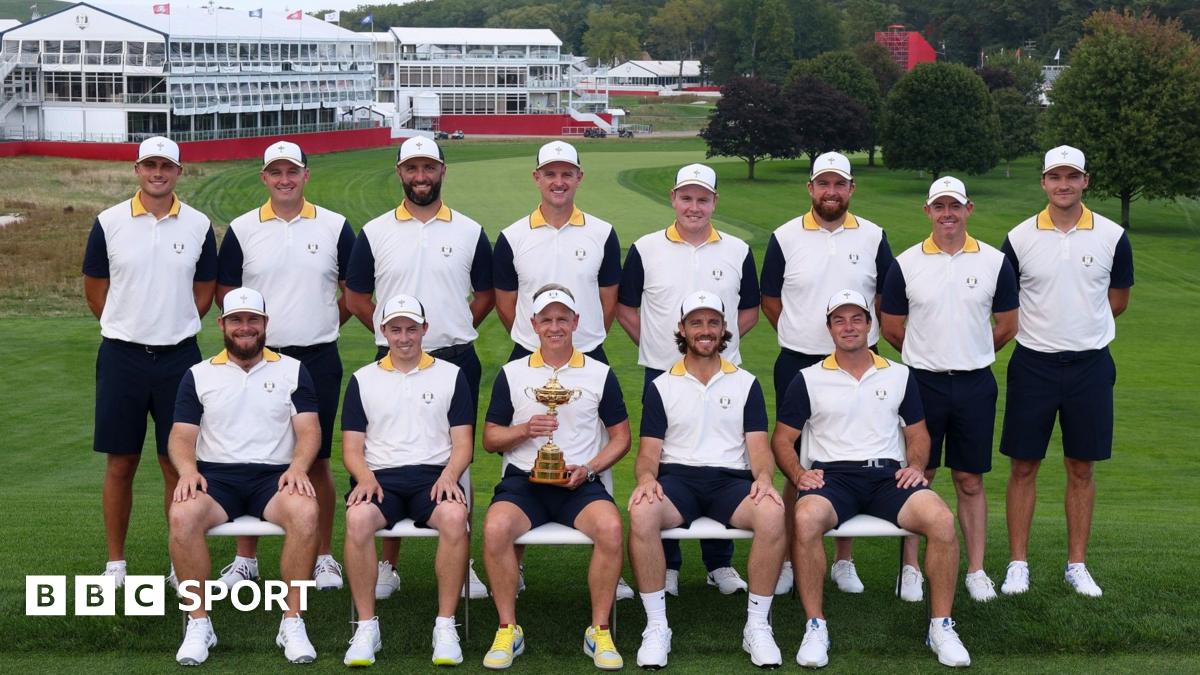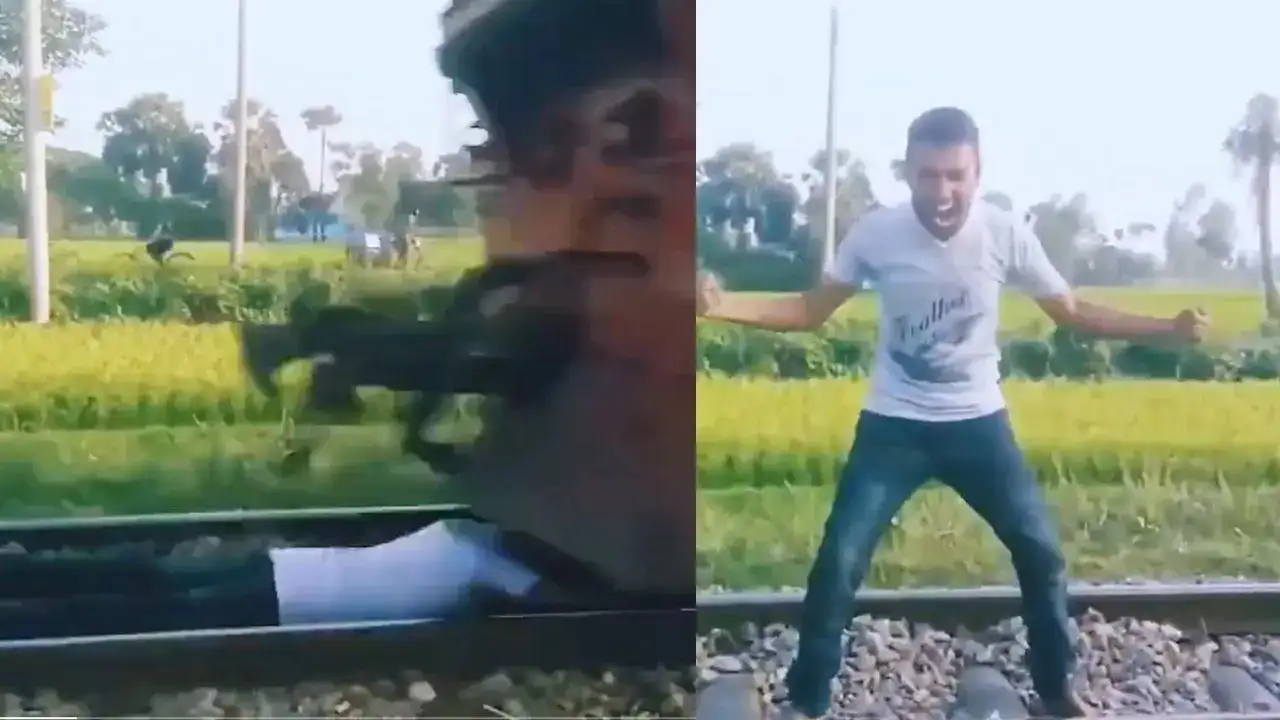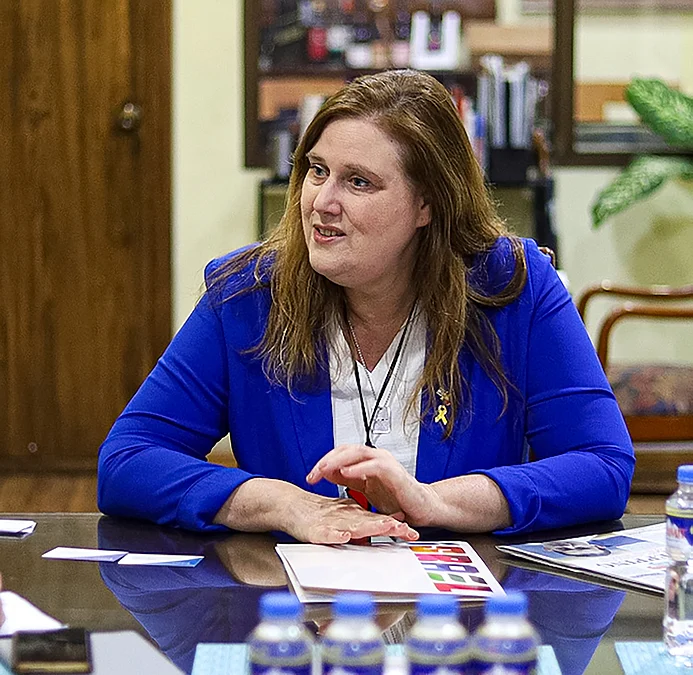By Record View
Copyright dailyrecord

Labour last year inherited an economic shambles from the Tories that could not be sorted out overnight. Keir Starmer had to make some tough decisions as voters knew the sums were not adding up. But the nature of some of those decisions has been counter-productive and harmed the Government’s wider strategy. The Prime Minister said growth would be his priority, but Rachel Reeves’ first budget hiked national insurance on employers, making it harder for firms to hire staff. The move damaged relations with business and undermined the Government’s pro-economy message. Scottish Labour donor Lord Haughey’s is now warning that the second Budget cannot make the same mistakes as the first one. He has bankrolled Labour in Scotland for years and yet is alarmed at the prospect of more tax rises. He says Labour’s policies on economic growth have not worked and a reset is required. Part of the problem is Reeves’ strict adherence to her own fiscal rules, particularly around limiting borrowing. Her rigid attitude to these voluntary rules means she is constantly having to raise taxes and look for spending cuts to fill a never-ending black hole. Her plans are then inevitably shredded when the Office for Budget Responsibility downgrades an economic forecast. What Reeves needs to do is rewrite the rules in a way that allows for greater flexibility. Such a move would negate the need for the sort of tax rises Haughey fears and which also lead to cuts. Labour is running out of time and needs bold thinking to capture the public’s imagination. Speed cameras are not the most popular tools in the world of law enforcement. Many see them as a “big brother” tactic and part of the ever growing surveillance culture in policing. And drivers often claim they are there to simply collect revenue rather than make our roads safer. However, many communities value the cameras saying they can help reduce accidents around areas like schools, hospitals and community centres. So it’s hard to understand why so many road safety cameras are “non-operational” – around one in four of the total. Many of the cameras were turned off during the covid lockdown and it’s possible that some are no longer seen as necessary from a safety perspective. But it’s important that a proper evaluation is made any time a camera has a “not in use” hood stuck over it. If a camera can encourage drivers to kill their speed on a dangerous road it could be a lifesaver.



